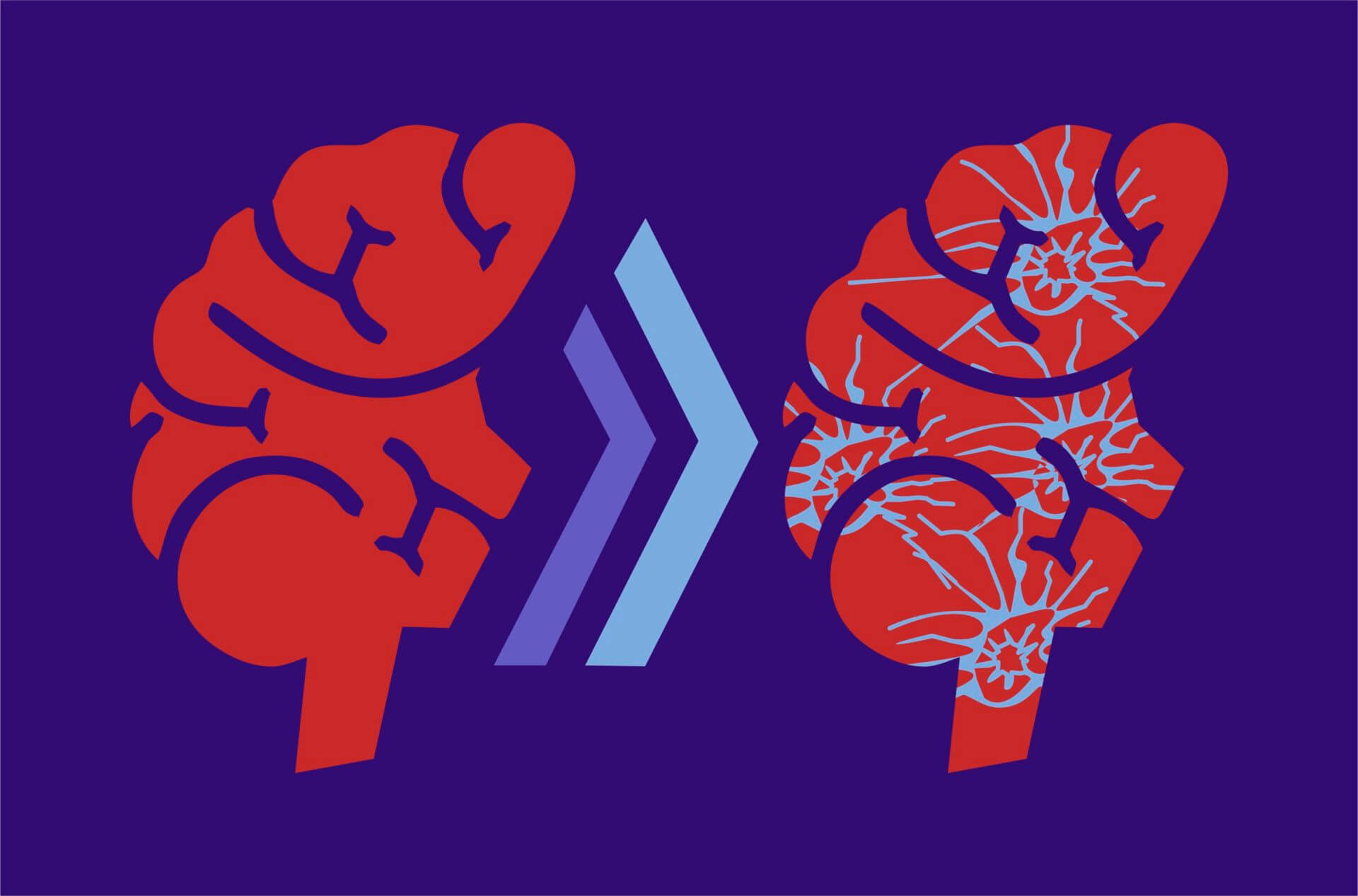About Northwestern University Feinberg School of Medicine
The mission of the Department of Physical Medicine and Rehabilitation (PM&R) at Northwestern University Feinberg School of Medicine (NUFSM) is to develop and disseminate information, knowledge, skills, and programs to provide a better quality of life for individuals with disabling functional loss. The NUFSM PM&R program focuses on education and research related to a broad range of conditions, including the most severe traumatic injuries and diseases that limit a person’s ability to pursue functional independence and quality of life. Dr. Pape’s Neuroplasticity in Neurorehabilitation (NNR) Research Lab exemplifies our faculty’s wide variety of interests and specialties and the breadth of our department’s resources. The NNR lab, comprised of an interdisciplinary group of researchers and clinicians, focuses on improving the function and well-being of individuals with neurological conditions by developing interventions tailored to each person’s unique condition and goals.
How We Helped
Infinite Hero is proud to be funding $75,000 directed at the precision veteran-tailored cognitive rehabilitation: Customizing Type of Brain Modulation by Personal Profiles of Cognitive Functioning, as part of our grant program in 2021. For Warriors with cognitive impairments related to Traumatic Brain Injury and Post Traumatic Stress Disorder, this pilot study addresses the need for brain modulation tailored to each individual to the extent necessary to optimize function and well-being in daily life. The sufficiency of tailoring is delineated according to profiles of moderately and mildly debilitating cognitive impairments, the need for augmented brain modulation, and selecting the brain regions targeted for modulation. To enable clinical implementation, study findings are used to create anatomical ‘roadmaps’ delineating the brain region that yields optimal gains in working memory and performance of complex Instrumental Activities of Daily Living. Collectively, the findings provide the foundation for future research developing precision individually-tailored brain modulation interventions improving the aspects of cognitive function identified by our Warriors as essential to their well-being.
The Funding
75,000
2021
